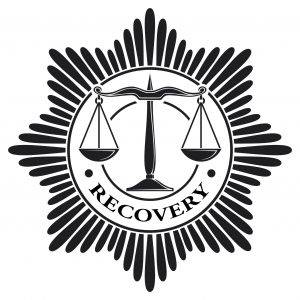 tribalium123
tribalium123
For more than two decades, advocates with lived experience of addiction recovery have tried to shift the conceptual center of the addictions field from a focus on addiction-related pathology and deficit-focused models of assessment and treatment to a focus on resilience and recovery. A less heralded effort has been to extend the intrapersonal focus on recovery to a broader appreciation of the role of family, community, and culture in long-term addiction recovery. Both agendas have consumed much of my attention, and I recently discovered two papers that may also be of interest to my readers. Below are my takeaways from these two important articles.
In 2012, David Harper and Ewen Speed published a paper in Studies in Social Justice entitled Uncovering Recovery: The Resistible Rise of Recovery and Resilience. They make several points worthy of reflection, including the following:
*Behavioral health systems focus almost exclusively on changing how distressed service consumers think, feel, and act. The target of service interventions is the individual.
*The intrapersonal focus of behavioral health systems (i.e., the medicalization of emotional distress) obscures structural causes of distress and structural solutions to behavioral health problems.
*Interventions that encourage embrace of a "recovery identity" as a solution to psychological distress inadvertently enable the invisibility of social, economic, and political conditions that contribute to such distress.
*It is only when the collective, structural experiences of inequality and injustice are explicitly linked to process of emotional distress that recovery will be possible.
*The alternative to this either/or focus is to integrate the personal and the political by combining both personal strategies for problem resolution as well as seeking institutional remedies for institutional harms. This will require a simultaneous focus on personal and social change, with the latter reversing historical marginalization based on class, ethnicity, gender, and sexuality.
A 2016 essay by Price-Robertson and colleagues in Advances in Mental Health make many of the same points as Harper and Speed. In describing prevailing models of addiction recovery, they suggest that "the onus of recovery is placed on the individual, while the familial, social, material, educational, economic, and political contexts of mental ill-health are largely obscured." They contend that individualistic philosophies of recovery miss the complex contexts in which addictive disorders both arise and are resolved. The authors conclude that recovery is best understood and promoted when understood within the contexts of cultural systems of oppression and privilege that constitute many of the social determinants of illness and health.
As concerns related to social justice increase in the United States, it seems an ideal time for us to extend this exploration to the cultural contexts of addiction and addiction recovery. In our current focus on the expansion of peer-based recovery support services, we must not forget the activist and advocacy agendas out of which the modern recovery advocacy movement was birthed.
References
Harper, D., & Speed, E. (2012). Uncovering recovery: The resistible rise of recovery and resilience. Studies in Social Justice, 6(1), 9-25.
Price-Robertson, R., Obradovic, A., & Morgan, B. (2016). Relational recovery: Beyond individualism in the recovery approach. Advances in Mental Health, September, 108-120.